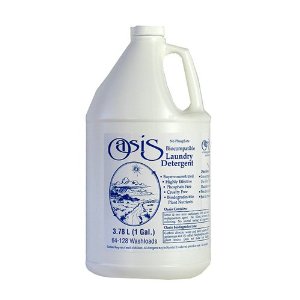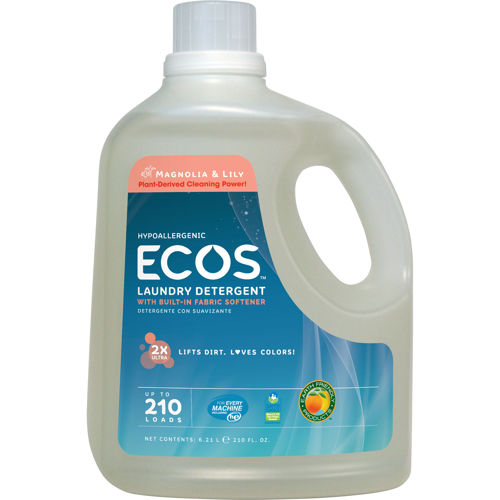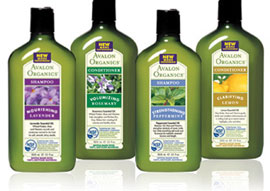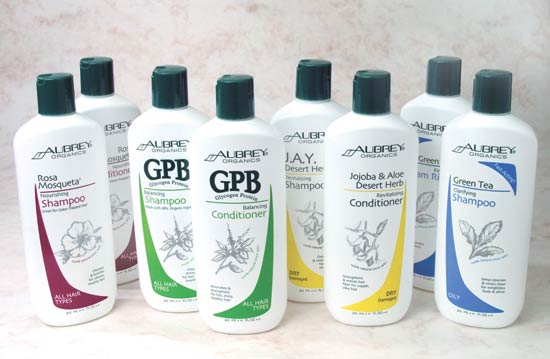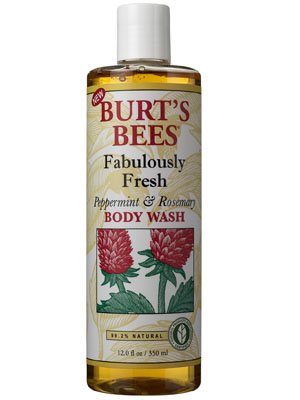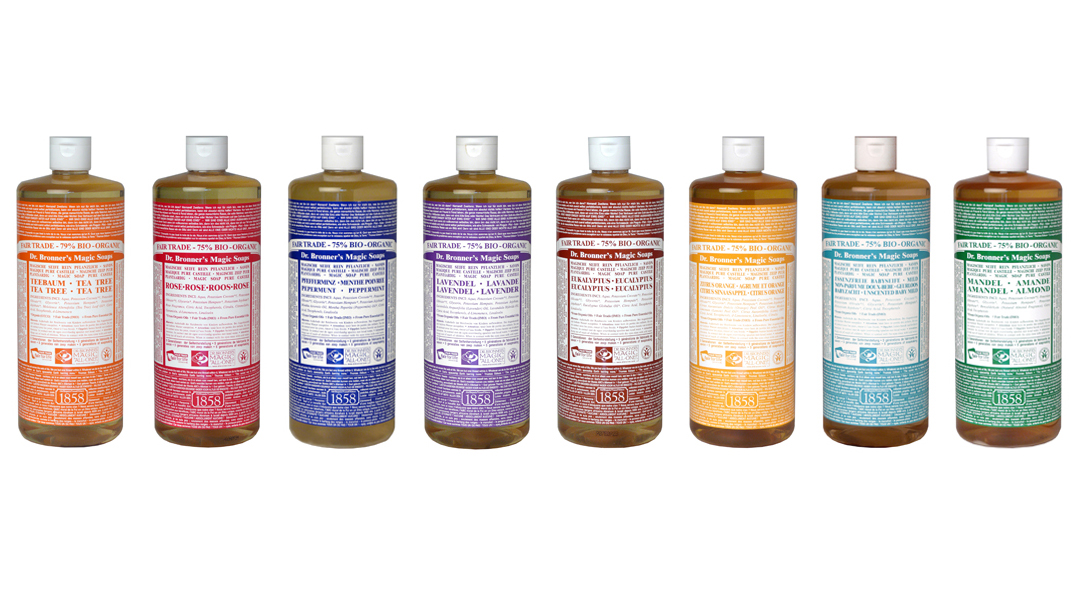What soaps and products can I use with my greywater system?
Plant friendly products are key when reusing your greywater. All products should be biodegradable and non-toxic. In addition, they should be free of salt (sodium) and boron (borax), two common ingredients that are non-toxic to people but are harmful to plants and/or the soil. Chlorine bleach is also harmful to plants and should be diverted with any other harmful products to the sewer or septic by switching the 3-way valve.
Hydrogen peroxide bleaches are less harmful and can be used instead of chlorine. Another consideration with cleaning and beauty products is their affect on the pH of the water. While many soaps do not change the pH, some do. In general, liquid soaps do not change the pH, while bar soaps make the water very basic (opposite of acidic). Certain acid loving plants may not be happy with this kind of water. If you’re uncertain if the pH is being affected choose plants that are not acid loving to irrigate. Acid loving plants include ferns, rhodedendrons, and blueberries.
Be cautious of greywater safe claims:
Many companies claim to be “Greywater Safe” but likely they are holding themselves to some minimum bar. There are often bars of acceptance that we are given in society and while many might aim for those bars, many of us choose to go beyond what’s just “ok”. For example, if you know that San Diegans use 140 gallons of water per person per day, does that mean you shoot to be average and decrease your water use to that much? Or, do you realize that that amount is unsustainable for Southern California and learn what you can do to decrease your water use as much as possible?! If you are on my site, you are probably the latter. Don’t settle for the claims of brands like Seventh Generation, Kirkland Signature, Trader Joe’s who claim they are “greywater safe”. Read the labels! Often you’ll see Sodium Laureth Sulfate or other forms of Sodium listed in the top few ingredients, or as several of the ingredients. You may alternately find that the ingredients list is very vague like “all natural surfactants”. If the company doesn’t give the full ingredients list, trust is an issue and it’s best to avoid that product.
Laundry Detergent:
Oasis Laundry Detergent , ECOS liquid detergent (neutral pH), , Vaska Scent Free Laundry Detergent, Fit, and Soap Nuts.
For Sinks (dishes and hands)
Oasis Biocompatible All Purpose Cleaner/Dishwash, Dr Bonner’s Liquid Castille Soaps
Body Products
Read the ingredients! Visit the Cosmetic Database a project of the Environmental Working Group and enter products to see how they rate for toxicity. Glycerine Bar Soaps are better than other bar soaps which are usually made with lye.
Aubrey Organics, Avalon Shampoos and Conditioners, some Burt’s Bees products, Dr. Bronners Liquid Castille Soaps are all great choices. Check the labels before you pick one up.
If you choose a shampoo/conditioner that has sodium, but it’s lower on the list or mentioned once instead of several times, chances are with it being diluted in your shower water, your plants and soil will be fine. The key is always to take good care of your soil and get rainwater to flush your greywater basins periodically.

